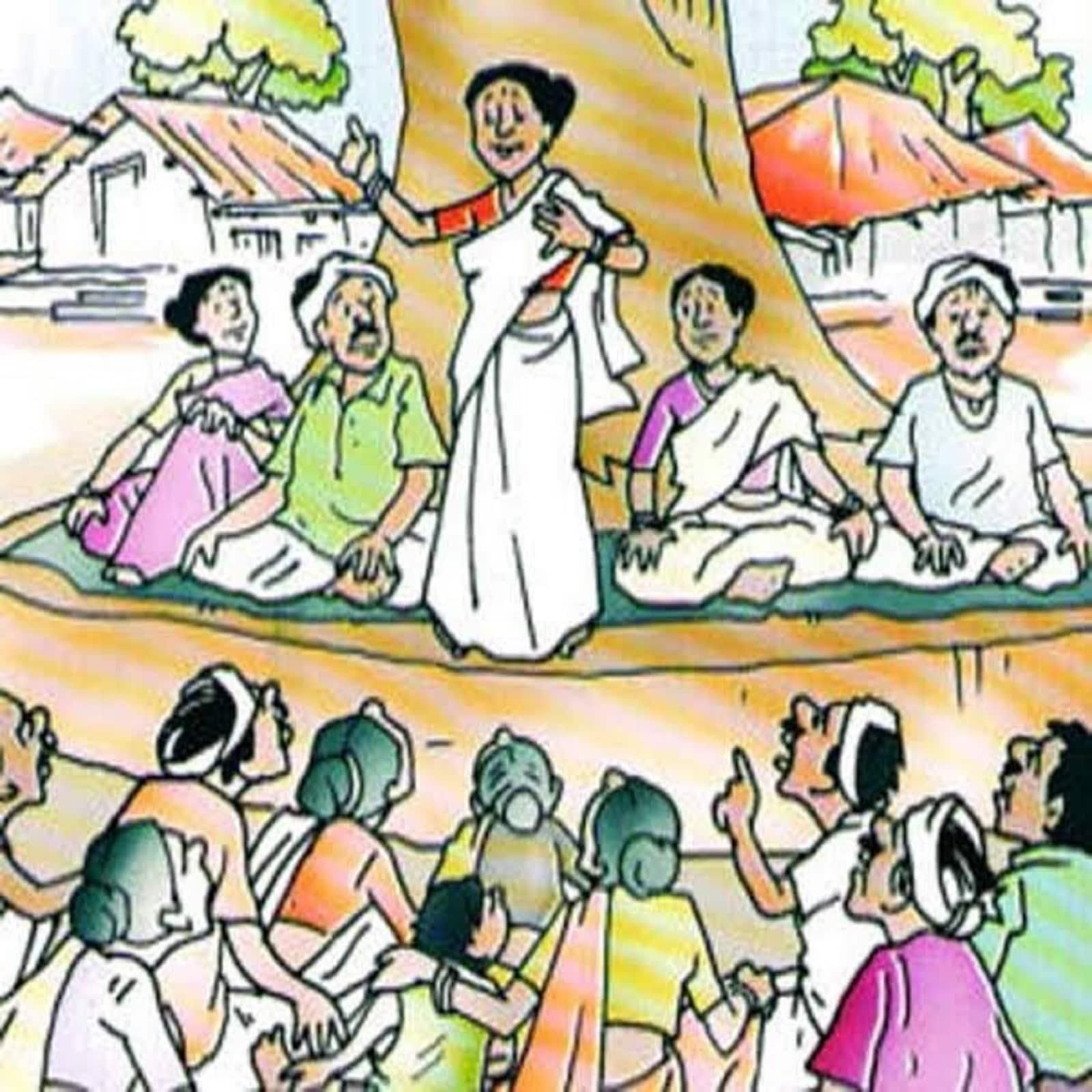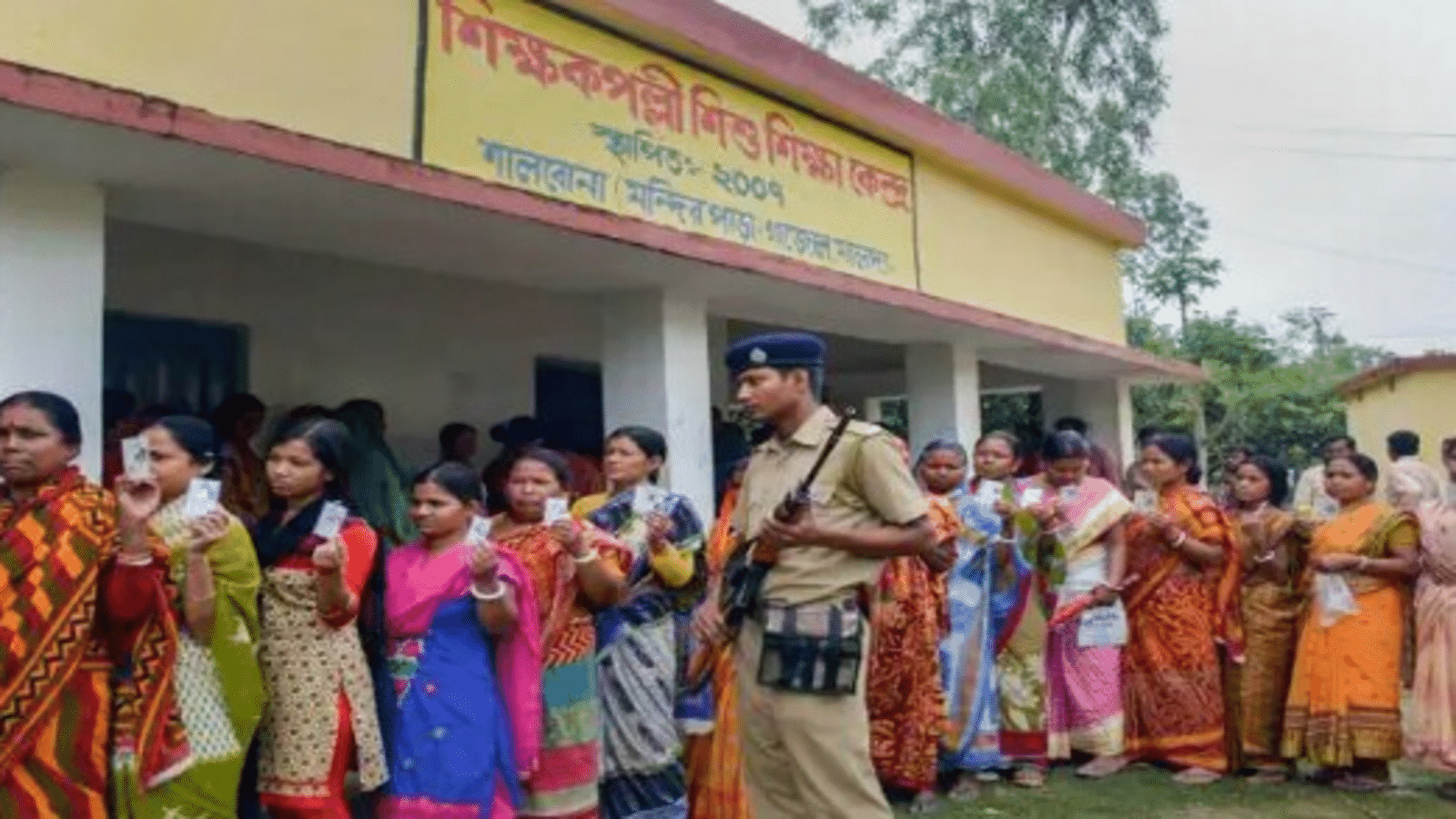NCERT Solutions for Class 6 Civics - Rural Administration
Q1: What is the work of the police?
Ans: Work of the the police:
(i) Maintenance of law and order.
(ii) To register cases of thefts, accidents, injuries, fights etc.
(iii) Protection of the public and their property.
(iv) Maintenance of public safety.
(v) Testifying truthfully in the court.
Q2: List two things that the work of a Patwari includes.
Ans: Two things that the work of a Patwari includes:
(i) The main work is measuring land and keeping land records.
(ii) Collection of land revenue from farmers.
(iii) Providing information to the government about the growth of the crops.
Q3: What is the work of a tehsildar?
Ans: Work of the tehsildar:
(i) Hearing disputes related to lands.
(ii) Supervising the work of the Patwaris.
(iii) Ensuring that land records are properly kept.
(iv) Ensuring the proper collection of land revenue.
(v) Making sure that the farmers can easily obtain a copy of their record.
(vi) Caste certificates for the students.
Q4: What issue is the poem trying to raise? Do you think this is an important issue? Why?
Ans: The poem highlights the issue of rights for girls. It argues that girls should be treated equally in society and given the same rights as boys. Inheritance of family property should be shared equally among all children, regardless of gender. The practice of dowry, which is not a fair compensation to girls, should be abolished. This poem addresses a very important and fair issue.
Q5: In what ways are the work of the Panchayat, that you read about in the previous chapter, and the work of the Patwari related to each other?
Ans: (i) Panchayat often settles the small disputes of lands between locals and Patwari maintains the land records and land settle disputes.
(ii) Panchayat levied local taxes and revenue while Patwari organises the collected revenues.
(iii) Both Patwari and Panchayat need to cooperate with each other on the construction work over land area.

Q6: Visit a police station and find out the work that the police have to do to prevent crime and maintain law and order in their area, especially during festivals, public meetings etc.
Ans: Work is done by the police to prevent crime and maintain law and order in their area, especially during festivals, and public meetings:
(i) They enquire about the amount of crowd to be gathered in their local areas.
(ii) According to the crowd, they prepare for the proper management and policemen set up on duty.
(iii) They also spread awareness among the public to be careful and maintain peace.
(iv) They prepare for any emergency and are ready to handle it.
(v) All local police stations are always in contact with their head branch and cooperate with each other.
Q7: Who is in charge of all the police stations in a district? Find out.
Ans: The superintendent of police (SP) is in charge of all the police stations in a district while the local police station is headed by a Station House Officer (SHO).

Q8: How do women benefit under the new law?
Ans: Benefits to women under the new law:
(i) Earlier they were not entitled to their ancestor’s property but now they are.
(ii) It makes women more independent and economically secure.
(iii) This also empowers the women and they can live peacefully within the society.
(iv) They can also start their own work after acquiring their shares in the property.
(v) They will not be excused over beneficial and economical decisions.
Q9: In your neighbourhood are there women who own property? How did they acquire it?
Ans: Yes, in my neighborhood many women have their own property. Some acquire it from their ancestors or forefathers while some buy their property from their own income source.
|
295 videos|1066 docs|204 tests
|
FAQs on NCERT Solutions for Class 6 Civics - Rural Administration
| 1. ग्रामीण प्रशासन का मुख्य उद्देश्य क्या है ? |  |
| 2. ग्रामीण प्रशासन में कौन-कौन से प्रमुख पद होते हैं ? |  |
| 3. ग्राम पंचायत की भूमिका क्या होती है ? |  |
| 4. ग्रामीण प्रशासन में चुनौतियाँ क्या हैं ? |  |
| 5. ग्रामीण विकास में प्रशासन का क्या योगदान है ? |  |






















